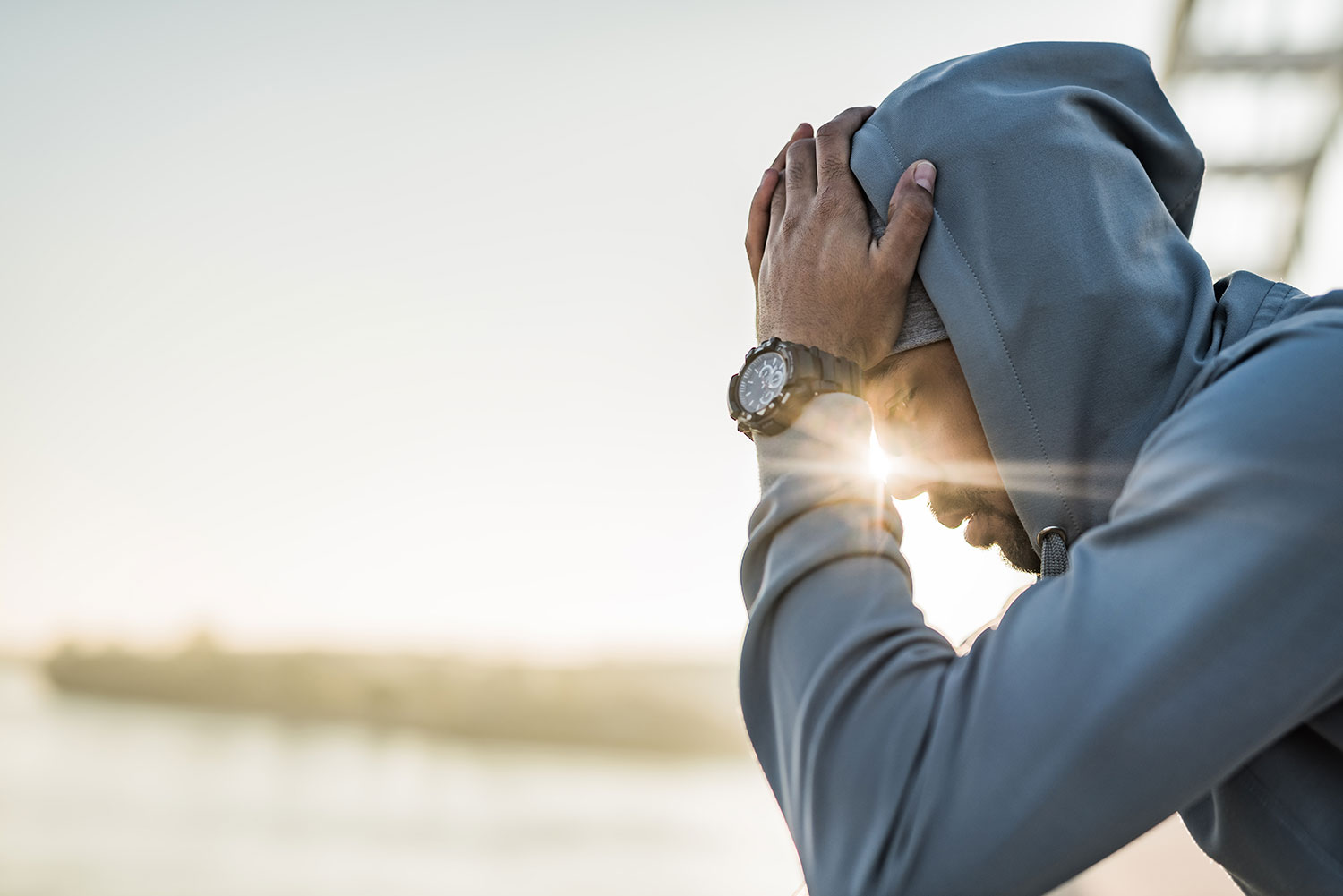Sexual Assault
What is Sexual Assault?
Sexual assault is a term used for crimes such as rape, incest, unwanted touching or fondling, sexual harassment or threats. It can include a nonconsensual act or attempted act directed against a person’s body using force, coercion or manipulation.
Sexual assault and rape are often miscategorized as purely sexual acts. In fact, this crime is perpetrated as a violent means of power and control. This attack is a violation of a person’s body, their rights and their very being. Nothing in their dress, speech, behavior or previous sexual experience makes a person responsible for sexual violence against them. Anyone can be a victim of sexual assault regardless of age, gender, race, religion, sexual orientation or socio-economic class.
84% of rapes are committed by someone the victim knows.
Although sexual assault can occur anywhere or anytime a person is vulnerable, it is actually most likely to happen in a familiar setting. Acquaintance rape and date rape are the most common types of sexual assault.
In fact, 57% of all sexual assaults occur during a date. Unfortunately, victims are less likely to report the crime if it is committed by someone they know, yet this type of attack is likely to happen again and again.
24-Hour Crisis Line
What Does “Consent” Mean?
Consent is a clear “yes” to sexual behavior. Sexual assault occurs in the absence of consent. Not saying “no” does not mean you have given consent.
It is important to know that consent CANNOT be given if you are:

A clearly-voiced, freely-given “YES” is the only thing that passes for consent.

Drug Facilitated Sexual Assault
The most common tool of sexual predators is alcohol, which they use to make a victim more mentally and physically vulnerable. However, the use of drugs is also common. These include any sedative substance that can incapacitate a victim such as Rohypnol (Roofies) and GHB, which are colorless, odorless, tasteless and can be added to a drink (even water) without the victim ever knowing. Many recreational drugs including Ketamine, PCP and MDMA also fall into this category because of their similarly incapacitating effects. If they are combined with alcohol or other drugs, a victim can be especially susceptible to confusion, blackouts, nausea, memory loss, upper respiratory distress, loss of motor control and even death.
Effects of Sexual Assault
Sexual assault can result in physical injuries like bruising, bleeding and STIs, as well as psychological problems. Many survivors go on to experience depression, PTSD, eating disorders, sleep disorders, unwanted pregnancy, substance abuse, self-harm, suicidal thoughts, dissociation, isolation and many other issues. Approximately 70% of sexual assault victims experience moderate to severe distress, a larger percentage than any other violent crime.

Myths and Facts
Click each Myth to see the Facts.
What to Do If You or Someone You Know Has Been Sexually Assaulted
If you are in immediate danger or need medical attention, call 911
Get to a safe place
Call a loved one and/or the LiveSafe Resources Crisis Line at 770.427.3390 for help 24 hours a day, 7 days a week
If you suspect you may have been sexually assaulted but do not remember the incident, a medical exam may be able to reveal DNA and includes tests for date rape drugs. It is important to get the exam as soon as possible as drugs leave the body quickly.
DNA evidence needs to be collected within 120 hours in order to be analyzed by a crime lab.
Do not shower, wash or brush your teeth. If you need to change, put your clothing in a paper bag. This will help preserve evidence of the assault. Try not to use the restroom if possible.
If you are trying to help a friend, listen to what they need and believe them.
Visit our Sexual Assault Services page to learn about the services we provide sexual assault survivors.
